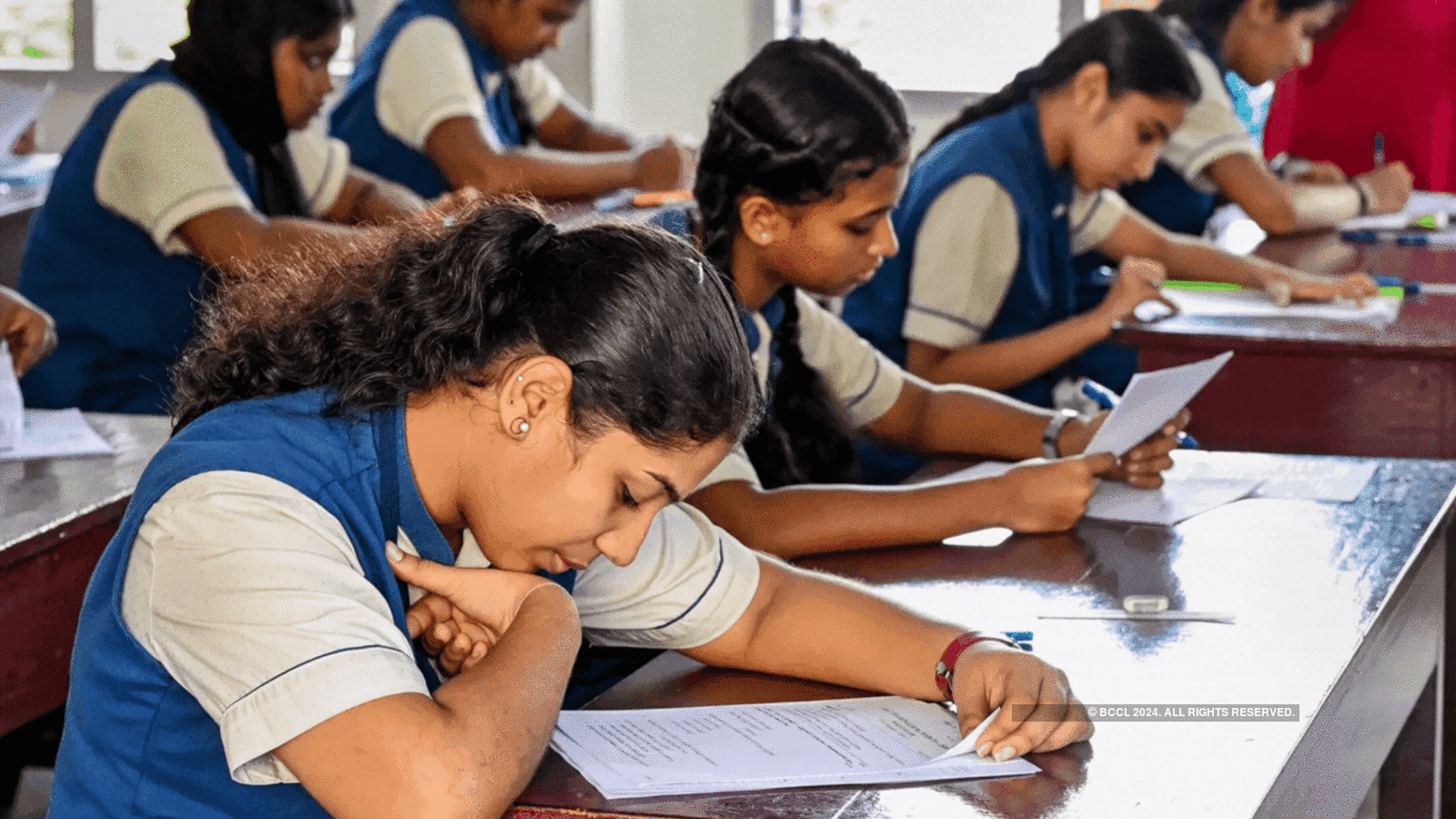Effective preparation is a cornerstone for success in the CBSE board exams, especially for students in 10th and 12th grades. These examinations significantly influence a student’s academic trajectory, as they often determine eligibility for higher education and career opportunities. A thorough understanding of subjects provides a solid foundation not just for exams, but for lifelong learning. The stakes are particularly high for students in these critical years, as their performance could impact college admissions, scholarship opportunities, and future academic pursuits.
Strategic preparation, as opposed to last-minute cramming, can enhance a student’s readiness and performance. By adopting a systematic study schedule, learners can distribute their study load evenly, thereby reducing anxiety closer to exam dates. This proactive approach fosters higher confidence levels, as students become more familiar with the material and equipped to tackle various question formats. Additionally, a well-structured study plan can help identify weak areas that require focused effort, allowing students to seek help or resources for improvement.
There are several misconceptions surrounding preparation that students often fall victim to. One common myth is that procrastination is harmless, with many believing they can catch up later without significant consequences. This mentality can lead to increased stress and diminished performance. Another prevalent belief is that ‘studying hard’ equates to effective studying. In reality, ‘studying smart,’ which encompasses techniques such as active recall, spaced repetition, and efficient time management, often yields better results. Understanding these differences is crucial for students aiming for excellence in their board exams.
Top Dos for Successful Exam Preparation : CBSE Board Exam
For students preparing for the CBSE Board Exams in 2025, adopting positive practices is crucial for achieving success. One of the primary dos is to develop a realistic study timetable that spans the entire syllabus while allocating time for each subject based on its difficulty level and personal proficiency. Understanding the variety of topics in subjects like Mathematics, Science, and Humanities can help in creating an effective study plan that ensures thorough coverage and retention of material.
In addition to a structured timetable, it is essential to cultivate a habit of regular revision. Revisiting previously learned concepts strengthens memory retention and helps clarify any uncertainties. By setting aside dedicated time for revision each week, students can gradually reinforce their understanding, ultimately decreasing the likelihood of cramming just before exams. Using innovative study techniques, such as summarizing notes or teaching peers, can also enhance comprehension.
Moreover, leveraging sample papers and previous years’ question papers is an excellent practice for exam preparation. These resources provide insight into the exam format and question patterns, allowing students to practice effectively and develop confidence. Students should aim to simulate exam conditions while practicing, which can help manage time and improve performance on the actual day of the exam.
Seeking assistance when needed is another important aspect. Students should not hesitate to reach out to teachers or classmates for clarification on difficult topics. Collaborative study sessions can foster deeper understanding and instill a sense of community among peers.
Lastly, maintaining physical and mental well-being during the preparation period is vital. Incorporating regular breaks, engaging in physical activities, and practicing stress management techniques such as meditation can significantly improve focus and reduce anxiety. Balancing academic rigor with self-care will contribute to an optimal learning experience and promote success in the CBSE Board Exams.
Critical Don’ts to Avoid During Exam Preparation
As students prepare for their CBSE board exams, it is crucial to recognize and steer clear of common pitfalls that can hinder their success. One significant mistake is inadequate time management. Many students fail to allocate sufficient time for various subjects, leading to last-minute cramming, which often results in poor retention and understanding of the material. Instead, students should create a structured timetable that accommodates all subjects, allowing them to cover the syllabus comprehensively.
Another critical error to avoid is neglecting the syllabus. It is essential for students to be aware of the prescribed syllabus for their respective board exams. Ignoring specific topics or underestimating their importance can create gaps in knowledge, ultimately affecting performance. Students should regularly consult the syllabus to ensure that they are covering all necessary material thoroughly.
While coaching classes can provide valuable assistance, over-reliance on them can be detrimental. Students might assume that attending classes is sufficient for preparation, neglecting the critical aspect of self-study. Active engagement with the material through self-study and revision not only helps solidify concepts but also fosters a deeper understanding.
Procrastination is another major trap that students must avoid. Putting off study sessions for later can lead to a backlog of work, increasing stress levels. Establishing a study routine and adhering to it can help mitigate the urge to delay tasks. Additionally, ignoring feedback from practice tests can be counterproductive. Analyzing results and addressing weaknesses is vital for improvement.
Furthermore, a tendency to memorize information without understanding it can lead to confusion during exams. Students should strive to grasp concepts rather than merely memorizing facts. Balancing study with relaxation and physical activity is also essential, as neglecting this balance can lead to burnout, negatively impacting overall performance. By recognizing these critical don’ts, students can enhance their exam preparation strategy and work towards achieving their desired scores in the CBSE board exams.
Creating a Balanced Study Plan
Developing a balanced study plan is essential for effective preparation for the CBSE 10th and 12th board exams. It allows students to harness their full potential while avoiding burnout. A well-structured plan begins with setting achievable goals. Goals should be specific, measurable, attainable, relevant, and time-bound (SMART). For instance, rather than stating a vague aim such as “study maths,” specify a target like “complete Chapter 5 exercises by Wednesday.” This method provides clarity and direction.
Next, students must prioritize subjects based on their strengths and weaknesses. Identify areas that require more attention and allocate time accordingly. For instance, if a student finds science challenging, dedicating extra hours to this subject can lead to better performance. Academic resources play a crucial role; integrating various materials such as textbooks, online platforms, and study groups enriches learning. For example, while textbooks provide foundational knowledge, online resources can offer interactive problem-solving experiences and access to varied teaching styles.
Another vital component of the study plan is consistent self-assessment through mock exams. Regular testing not only assesses knowledge but also familiarizes students with the exam format and time constraints. As students progress, they should remain adaptable, adjusting their study plan based on performance feedback. This flexibility ensures that the plan remains relevant to the student’s evolving learning curve.
Finding a personal study rhythm is imperative. Some students may concentrate better in the morning, while others may prefer late-night study sessions. Additionally, incorporating leisure activities into the schedule is vital for mental rejuvenation. This balance helps maintain motivation and enthusiasm throughout the preparation period, transforming the study experience from a mere obligation to an engaging journey toward success. A holistic approach is essential in ensuring comprehensive preparation for the CBSE board exams.





